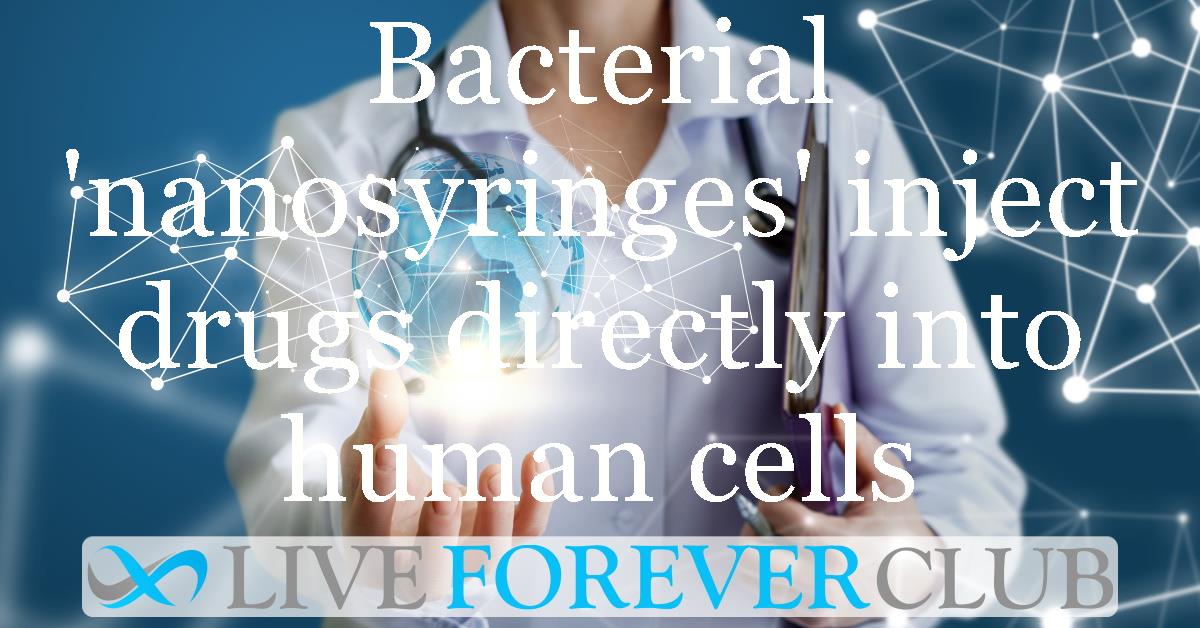Key points from article :
Researchers have developed a way to inject proteins into specific cells in the body using bacterial nanosyringes.
Used the AlphaFold AI program to predict their structure and identify the section that binds to protein receptors on the outside of cells.
Modified nanosyringe could deliver several different kinds of proteins of varying sizes to human cells that had the EGFR protein.
When the nanosyringes were loaded with a toxin, they killed cells that had the EGFR protein but left other cells untouched.
This shows that the nanosyringes could be programmed to target any cell type, including various cancers.
A nanosyringe tweaked to target a mouse cell surface protein shown to deliver proteins to neurons in mice.
More work needed to show that the nanosyringes could be useful for treating illness before they can be used in humans.
Nanosyringes when injected into the blood may be seen as foreign and trigger the production of antibodies – a major limitation.
Study led by Feng Zhang from Massachusetts Institute of Technology (MIT), published in the journal Nature.







